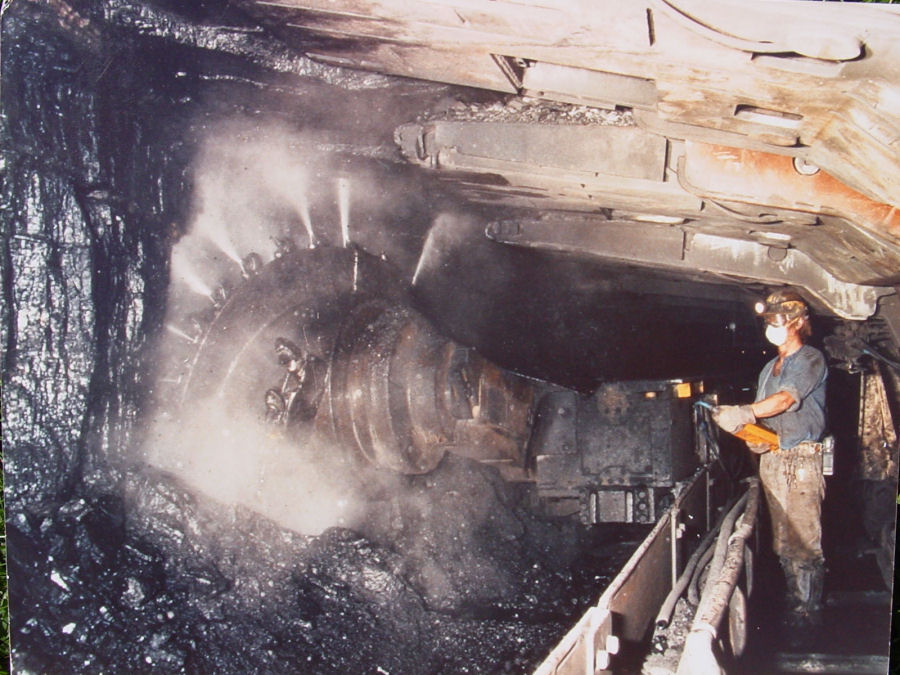State change lets coal mines drink deep
 Concerns are arising that New South Wales’ new water sharing regulations have given coal companies open slather on the state’s water resources.
Concerns are arising that New South Wales’ new water sharing regulations have given coal companies open slather on the state’s water resources.
Previous laws required all large-scale water users to abide by strict rules governing water sharing, created to prevent water being pumped in times of drought, among other risks. Reports say under the new laws coal mines have gained exemption. Projects approved for development under Part 3A of the Environment and Planning Assessment Act (1979) are now free from water sharing agreements in the Hunter Water Sharing Program (WSP), which covers 39 vital water sources including Wollombi Brook, Doyles Creek, Black Creek, Glendon Brook and aquifers throughout the district.
Hunter Water Users Association President Arthur Burns is disturbed by the new rules, he says there was absolutely no community consultation before they were enacted; “They were just a fait accompli, nothing we could do about them, we never heard about the changes before they became law,” Mr Burns said, “it’s about the unregulated water sources in the region but take the Wollombi Brook for example it has a big impact on the Hunter River’s water flows.”
Environment Defenders Office New South Wales policy and law reform solicitor Emma Carmody has written an article on the legislative amendments. She says the new exemption could lead to massive disparity in water usage rights; “Of particular concern are changes to rules originally intended to protect alluvial aquifers during periods of low flow. Specifically, all water taken under aquifer access licence for the purposes of a development approved under Part 3A (if it is a state significant development) is now exempt from cease to pump rules. Consequently, all large coal mining developments will be permitted to continue extracting water from alluvial aquifers during periods of ‘very low flow’ which necessarily includes periods of drought,” she said.
The Minister for Primary Industries was reportedly not required to consult with the community before making the order.







 Print
Print